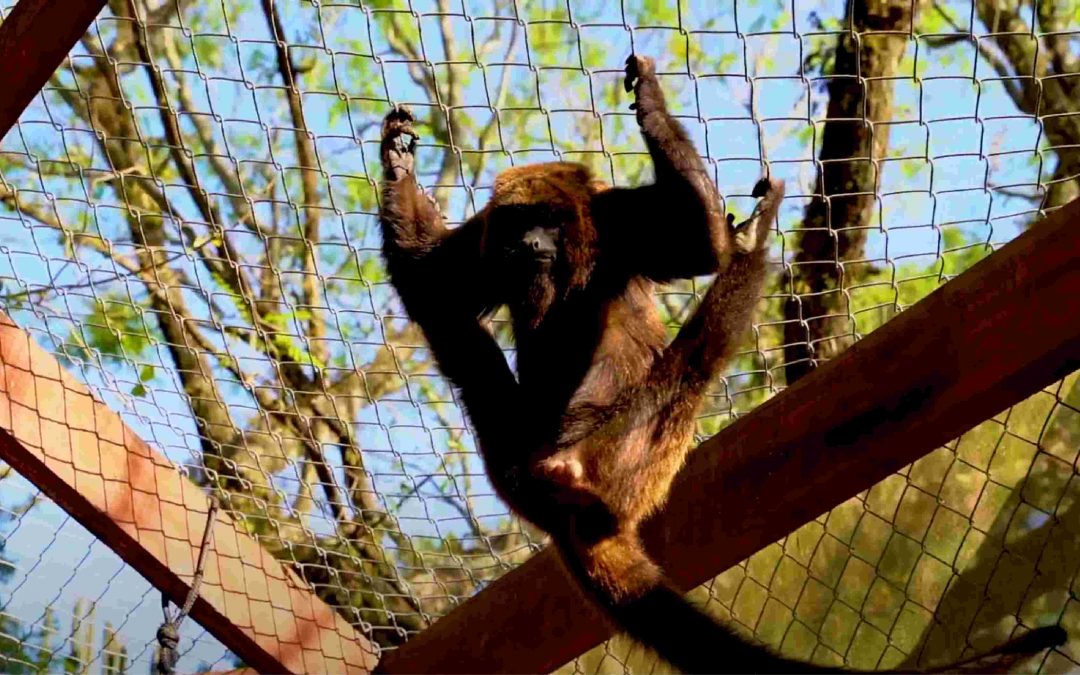
by Instituto Libio | Dec 17, 2020 | Uncategorized
When identifying an irregular situation related to wildlife, it is possible to report anonymously or not anonymously. How to do it? If you are suspicious of animal trafficking, please contact IBAMA’s Green Line, dialing 0800 61 8080. Convey the information and ask for...
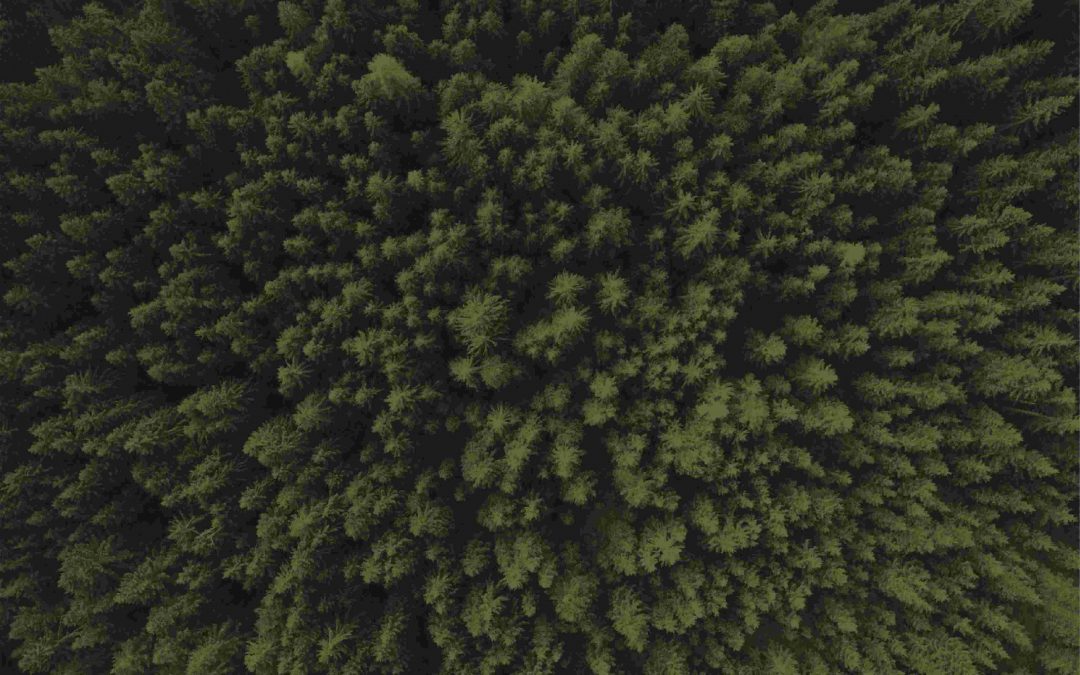
by Instituto Libio | Dec 17, 2020 | Uncategorized
Riparian or ciliary forests play an important overall role, since they are located in a micro-watershed (creeks) vital area. They receive this name since they have a similar role to our eyelashes (our cilia): protection. They function as a filter, protecting rivers...
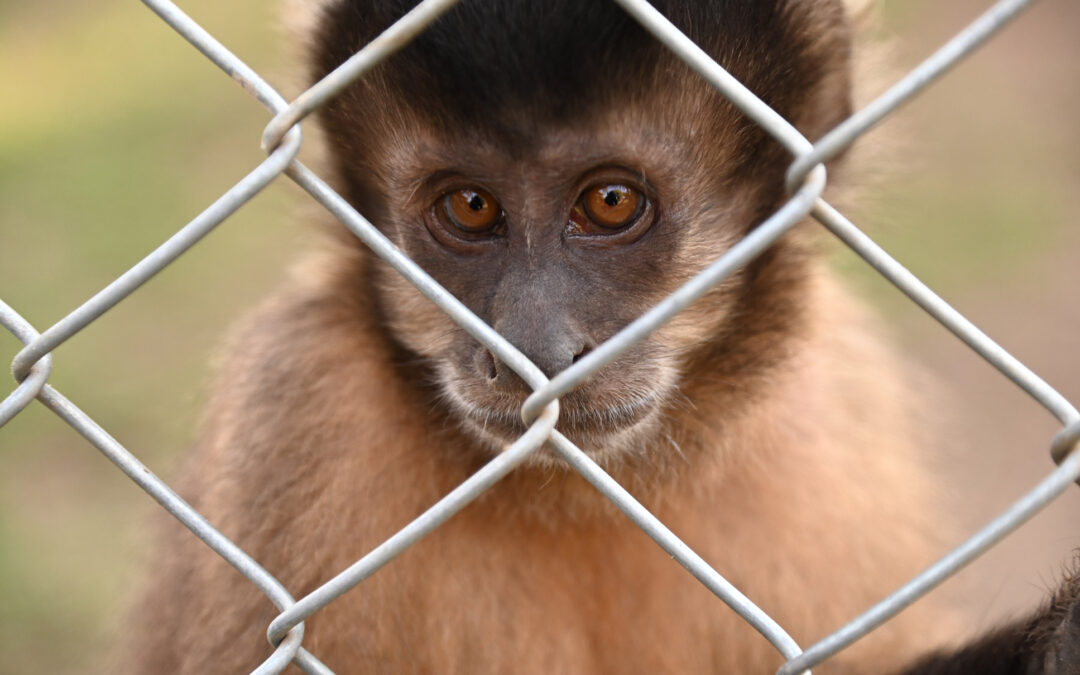
by Instituto Libio | Jun 7, 2021 | Uncategorized
Animal trafficking is the third largest illegal activity in the world, just behind drugs and arms traffick. Illegal trade can reach over 38 million animals. Wildlife is removed from its natural habitat and is illegally traded. Illegal trading meets various interests,...
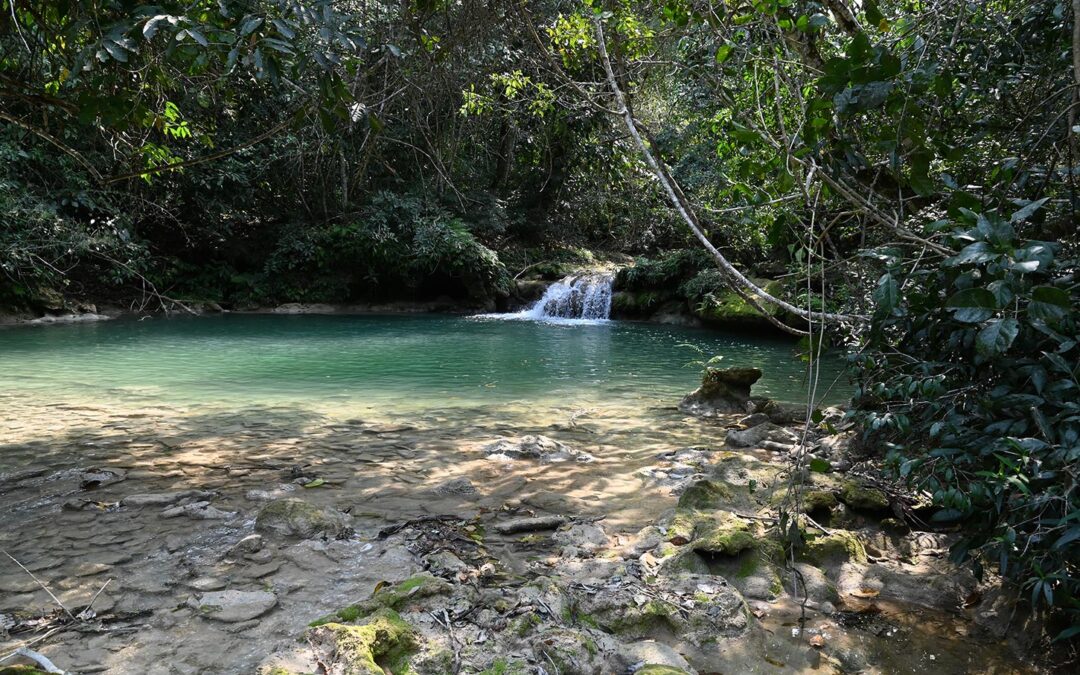
by Instituto Libio | Jun 8, 2021 | Uncategorized
The Private Reserve Natural Heritage (RPPN) is the only category of conservation units recognized by the Brazilian Government. Owners who recognize the ecologic importance of these reserves, and effectively engage in Nature and biodiversity conservation efforts in...
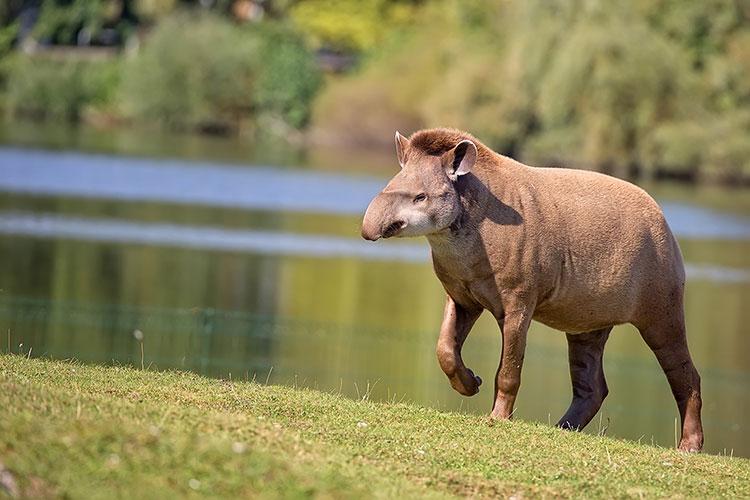
by Instituto Libio | Jun 8, 2021 | Uncategorized
Considered Brazil’s largest terrestrial mammal and South America’s second largest, tapirs can weigh up to 300 kg and grow up to over 242 cm in length. They are found from the South of Venezuela down to the North of Argentina, in open spaces or forests near...






